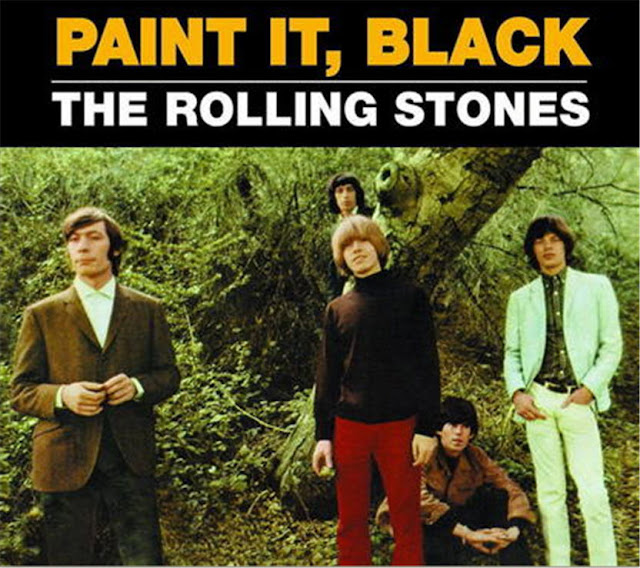

Either characterization, though, is inadequate. In 2017, it seems equally reasonable to think of the Rolling Stones as rock gods or greedy dinosaurs. That leaves 45 ensuing years of gradually declining cultural relevance and, if we’re being honest, more mediocre music than good, and a seemingly ceaseless parade of product - compilation albums, concert films, live albums, and, recently, the traveling “Exhibitionism” display of band memorabilia. If you’re a fan of the Stones, it’s hard not to always compare them with their glorious 1968 to 1972 peak, when they fully assimilated all their blues, rock-and-roll, R&B, and country influences and turned it into something decadent, dark, ironic, sexy, and wholly their own. That staying power is an incredible achievement, and it also has a distorting effect.

Fifty-five years! Founding members Mick Jagger, Keith Richards, and Charlie Watts have been hitched to each other for far longer than the vast majority of marriages last - longer than a lot of lives last, too. Their longevity is staggering - this band has been around for 55 years. Instead, it situates them in a class of their own: rock-togenarians strutting back out to the world’s stadiums.Time doesn’t apply to the Rolling Stones quite like it does to other rock bands. The quality here suggests they’re really seizing the opportunity – but on Angry, and at their boyishly buoyant accompanying press conference, they don’t sound at all freighted with nerves or fear.

Watts’s death reminded us of the mortality of the Stones, once so impossible-seeming, and it has surely preyed on their minds that they won’t have that many chances to write new albums. But it’s sympathetic and impactful timekeeping from Jordan (given a nice touch of echo by Watt), that keeps the song marching along like a someone having a head-clearing mid-argument stomp round the block. This is also the first recorded performance of new drummer Steve Jordan, and some Stones aficionados might find his martial exactitude lacking compared with the almost invisible, mystical swing of the late Charlie Watts’s performances. Between verses Richards and Wood double up on the riff, then swap back and forth some brilliantly groaning, lurching extemporised mini-solos: playing that suggests fun, freedom and creative hunger.

Producer Andrew Watt rightly allows for all manner of murk lower down the mix: growling, distorted bass from Richards and doom-portending piano by sessioner Matt Clifford. skip past newsletter promotionĪrtwork for upcoming album Hackney Diamonds Done a cappella by a different singer, Jagger lines here like “I never caused you no pain” could have a purely harrowed quality – but he and the band cleverly wax and wane from minor to major chords, carrying this tale of alternating desperation and resignation. The Stones’s genius has always been take the haunted, spectral melodies of American blues and flick the casino lights on to them, and so it is here. In time honoured fashion, Jagger goes spelunking for extra vowels so that “Brazil” ends up pronounced “Bra-zee-ow”. “I’m still taking the pills / and I’m off to Brazil” he flounces, as the song plays out in a long, anthemic gospel coda. He even attempts the classic gambit of suggesting one last shag for old time’s sake: “If we go separate ways … let’s go out in a blaze.” By the bridge he’s pleading “please just forget about me,” and he’s now trying to do something we’ve all done: end a relationship well, with dignity and harmony, but ending up mired in petty recrimination. Anyway, that doesn’t go down well, and relations deteriorate at pace.


 0 kommentar(er)
0 kommentar(er)
